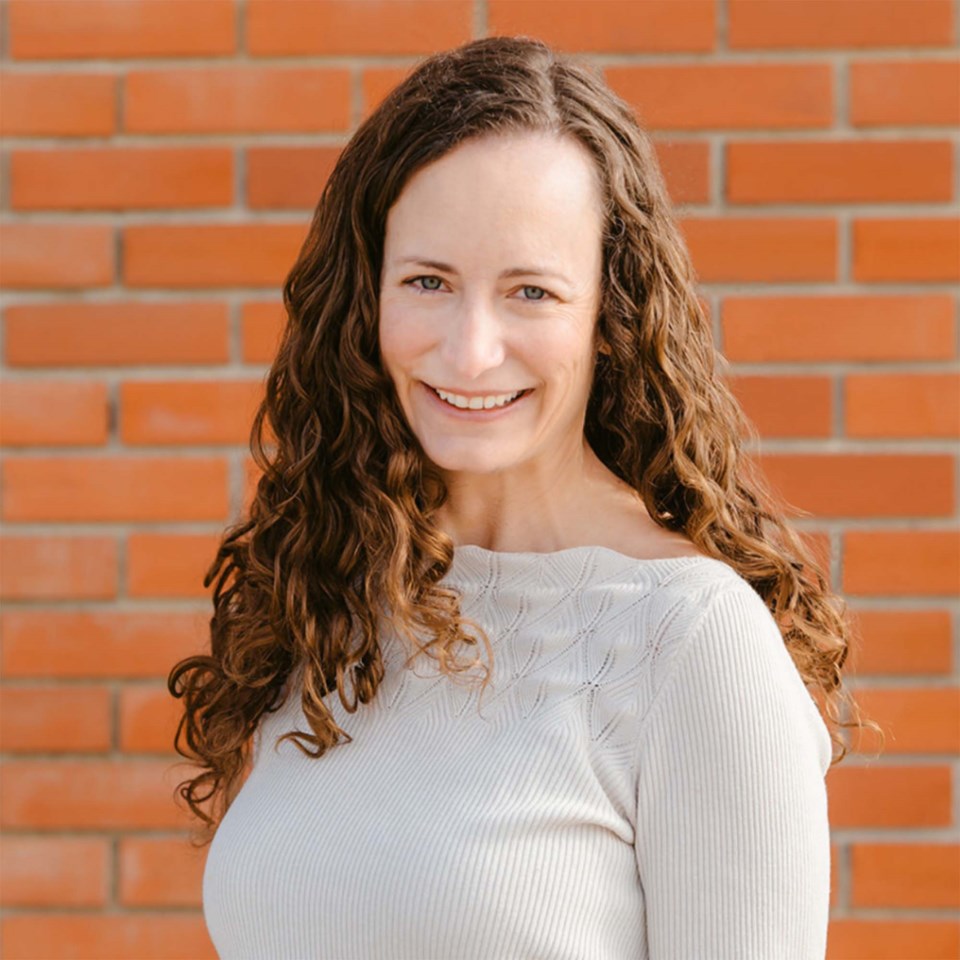As anxiety disorders continue to surge among children across Canada and globally, a powerful voice is offering hope and practical solutions to families and caregivers seeking support.
On Sept. 11 at 6 p.m., psychologist and play therapist Tania Johnson will bring her bestselling workshop, “Childhood Anxiety: Helping Children Heal,” to The Arden Theatre in St. Albert.
Childhood anxiety is not always easy to recognize. It can show up quietly as stomach aches, sleep troubles, hesitation, or obsessive thoughts — or more loudly, through tantrums, panic, or school refusal. What many dismiss as misbehaviour or shyness may actually be symptoms of something deeper. According to a 2024 report by the World Health Organization, one in seven adolescents experiences a mental disorder. Anxiety, depression, and behavioural issues are among the top causes of illness and disability in young people. And yet, many children still go unseen, unheard, or unsupported.
Johnson, a registered psychologist, registered play therapist, and co-founder of the Institute of Child Psychology, has made it her life’s work to change that. Over the past decade, Johnson has delivered this workshop across North America and South Africa to sold-out audiences of parents, teachers, and mental health professionals. But this particular event, she says, feels personal.
“This is the community I live and work in," Johnson said. "Hosting this workshop in St. Albert, right at the start of the school year, is about giving back. It’s about showing that when we come together as a village, we can create real change for our kids and for ourselves.”
Johnson’s approach to anxiety stands out in a world that often seeks quick fixes. Rather than focusing solely on symptoms or diagnosis, she invites attendees to look deeper into the emotional, physiological, and environmental roots of anxiety. Drawing from research in psychology, attachment theory, interpersonal neurobiology, education, and even naturopathic medicine, she presents a holistic, strength-based model that centres not only the child but the entire caregiving system around them.
“When I first started practising, everything was about fixing the symptom,” Johnson said. “But what I’ve seen over the years, what the families I’ve worked with have taught me, is that real healing doesn’t come from surface-level strategies. It comes from understanding the child’s world. Their connections. Their purpose. Their environment. That’s where we start to see lasting change.”
That perspective shapes the workshop in powerful ways. Rather than telling parents to “fix” their child, Johnson invites them to become curious. What is your child’s anxiety trying to tell you? What needs are going unmet? How can we respond with empathy, rather than urgency?
“One of the most important things I try to teach is to listen to your gut," she said. "If something feels off with your child, trust that. Don’t just Google symptoms. Sit with it. Reflect and ask: 'What do they need right now?'”
Over the years, the workshop itself has evolved, shaped not only by emerging research, but by the voices of the caregivers who attend.
“I learn the most from parents,” Johnson said. “The conversations before and after a talk are important and that’s where I hear what’s working and what’s not. That feedback has helped this workshop become what it is today: a deeply practical human guide for supporting children through anxiety.”
The methods Johnson teaches are immediately actionable, but more than that, they’re empowering. Attendees leave not only with strategies, but with a sense of hope, purpose, and connection. They learn how to create safety in a child’s world, how to foster secure attachment, how to gently rewire anxious thought patterns, and how to do all of it without blame or shame.
“We push back hard against the idea that anxiety is bad and needs to be erased,” Johnson said. “Anxiety is a part of being human. Sometimes, it’s even helpful. The goal isn’t to eliminate it, it’s to understand it, integrate it, and respond with care.”
This is not just a lecture, Johnson said. It’s a movement rooted in empathy, grounded in science, and fuelled by community. She believes deeply the people in a child’s daily life — their parents, teachers, grandparents, caregivers, are the ones best positioned to make lasting change.
“You don’t need to wait for a weekly session to start helping your child,” she said. “You can start now. You can make a difference every single day.”
Perhaps the most touching part of this workshop is its deeper purpose: community impact. All proceeds from the evening will be donated to Big Brothers Big Sisters of St. Albert, a community-supported organization dedicated to the health development of children, youth, and their families.
Tickets for the workshop are $13.20. an evening that promises to shift perspectives, strengthen families, and support some of the most vulnerable children in our community. In a time when so many families are navigating mental health challenges in silence, this workshop offers not just education, but hope.
“What I love most about my work is seeing a family realize that change is possible," Johnson said. "That even if their child is struggling, there is a path forward.”




